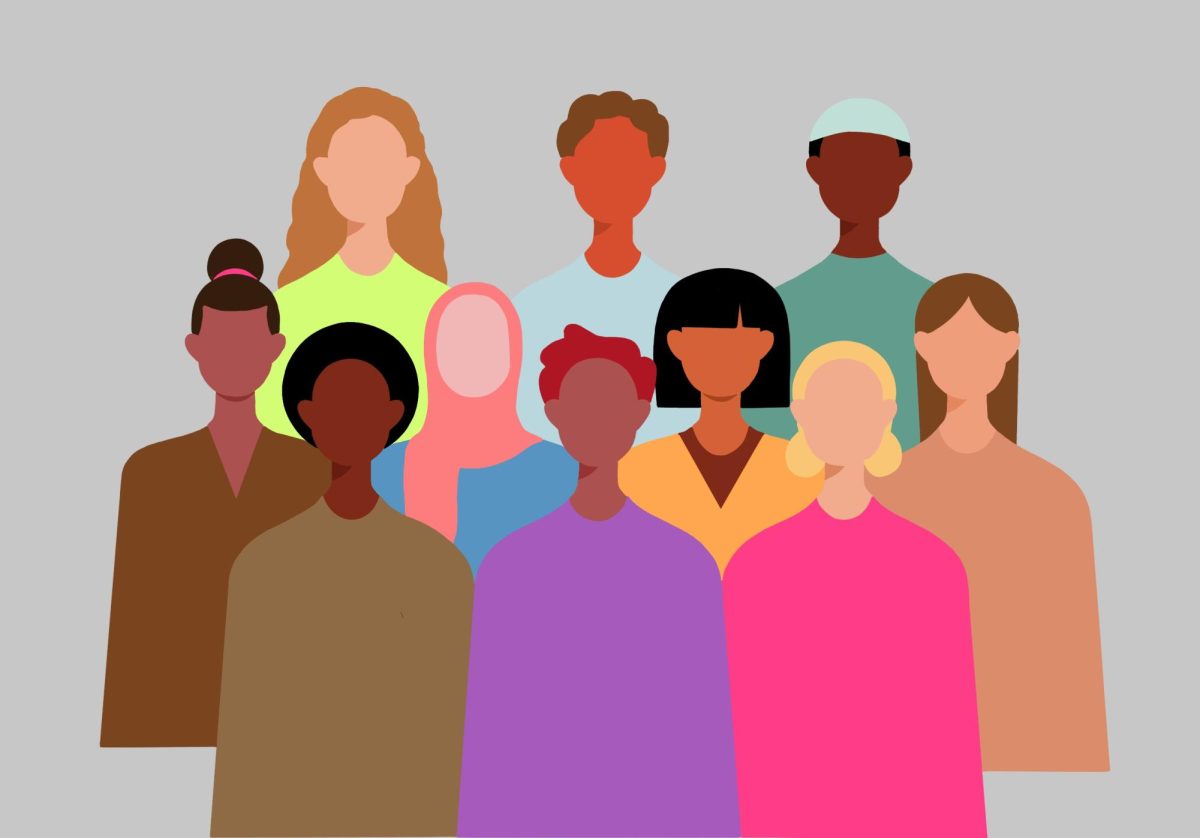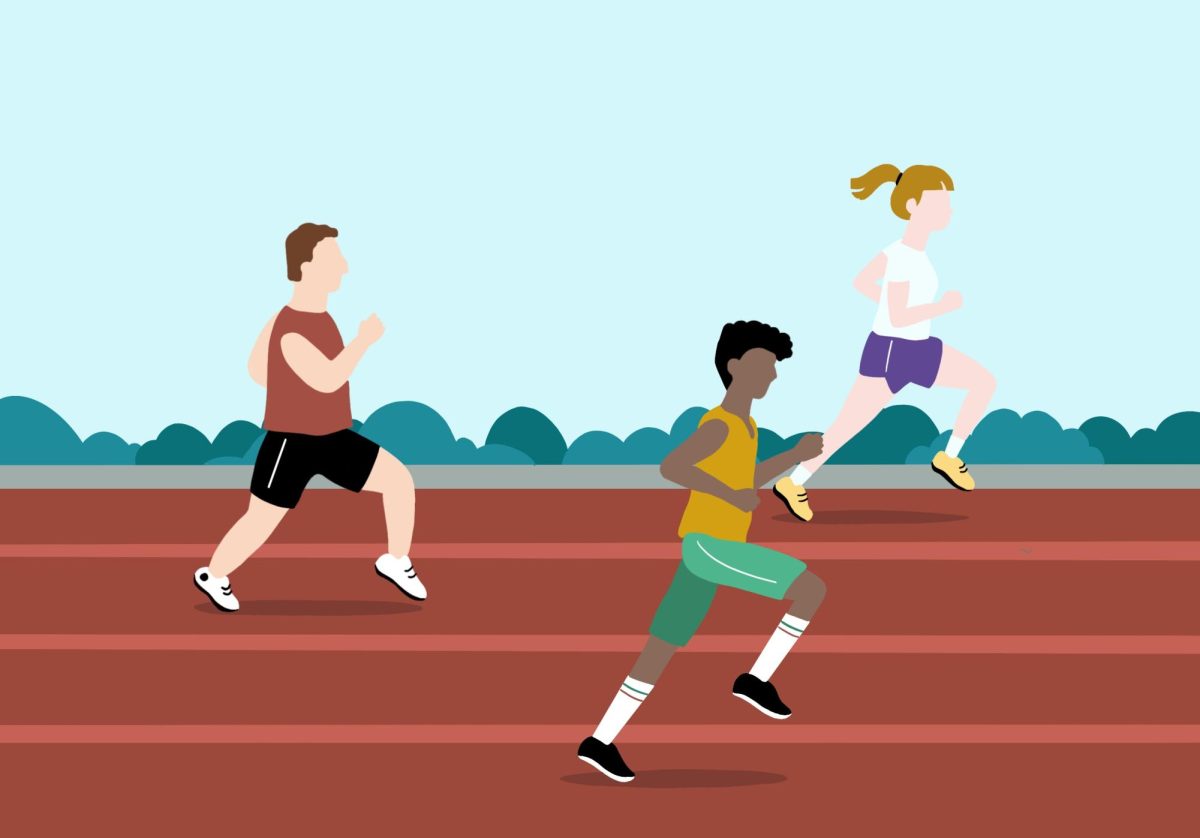I tend to be wary of people who say they enjoy writing. To me, writing is more compulsive than recreational. It’s the only thing I think I know how to do. And even that belief wavers on a daily basis.
It takes discipline to stare down a blank page and externalize your mind in print. Most of those who are similarly plagued by this incurable malady will tell you writing is a fairly lonely exercise. It is also one of the most precise ways to be understood.
To me, this is what feels most essential about writing and why literature is a lifeline for many marginalized factions of our society.
Their works provide a looking glass for others to understand the way they navigate a world that often leaves them behind. Free from the constraints of the status quo, the page becomes a platform on which they build their worlds and help the reader to see things differently.
For people experiencing incarceration this is especially true.
“Prison can be such a dehumanizing environment,” said Mike Alberti, Executive Director of the Minnesota Prison Writing Workshop (MPWW). “Because art is all about being human, writing is a kind of antidote to that.”
MPWW fosters literary communities inside Minnesota correctional facilities through creative programming. It was founded as creative writing class at Lino Lakes Prison in 2011 and has since grown into an organization of over 25 instructors who have taught more than 3,000 people in every adult state prison in Minnesota.
“These communities are mostly led by people on the inside,” Alberti said. “MPWW exists to follow their lead and support their natural gifts.”
The projects span all genres and styles of literature. Participants work with mentors who edit drafts of their pieces and provide feedback on how to improve their talents.
Autonomy is hard to come by in correctional facilities. Studies have shown studying the arts and humanities can provide therapeutic, rehabilitative and behavioral benefits for incarcerated people. Recidivism also declines rapidly among those who participate in these programs.
“There are lots of people who are yearning and searching for a positive community. They want to be a part of something that is life-affirming, that allows them to explore themselves in a way that is not punitive in any sense,” Alberti said.
Co-creative styles of learning are beneficial for all those involved. University of Minnesota Professor Dennis Donovan is turning his personal connection to a group of men serving time in Stillwater Correctional Facility into an opportunity for students to learn about their experiences firsthand.
“It blew my mind how insightful these guys were,” Donovan said. “I started to wonder how my students could learn from them too.”
He established the Our Narratives Evolving (ONE) Project as a way for those taking his course on community organizing to put their new skills into practice. The independent study asks students to organize meetings between different groups throughout the Twin Cities and incarcerated people who share their stories and participate in a question and answer session.
“People on the outside begin to see people on the inside as human beings who are navigating significant systemic barriers that keep them from moving forward,” Donovan said.
He centers this work around the concept of public narrative: a practice that uncovers not only where a person finds themselves, but how they got there, too. Their stories reveal nuances of the carceral system that are often omitted from public perception.
“Often, people realize that incarcerated people are being provided nothing but prison,” Donovan said. In such a traumatic environment, it can be difficult to muster the willpower to want to improve.
The age of mass incarceration has desensitized us to the violence of prison as an institution and its harm to our collective good. Singular storytelling is one way to demystify the lived experience behind those walls. They help us to see a person instead of a “prisoner” and to find the gaps in an unjust system that profits off of their captivity.
Programs like the ONE Project and MPWW are making rehabilitation a more plausible outcome.
“Connecting to the people inside is a powerful, real-life learning experience,” Donovan said. “You just don’t get many of those.”
“These guys have shown me ways that art can bring people together and instigate positive social change. Their sense of community is so valuable. That’s true in prison, but it’s also true in the world,” Alberti said.
Writing from the inside feels extremely emblematic of the process as a whole — an attempt to make sense of our stories while wondering if others can possibly see things the way we do, too.
Telling stories that transcend physical and social boundaries is necessary for the survival of compassion in our society. The exposed nature of these appeals does not beg for sympathy, but a unique sense of empathy that reflects the universal desire to be known by a community that cares.
May we all be so lucky to have such a safe place to land with our art.






















